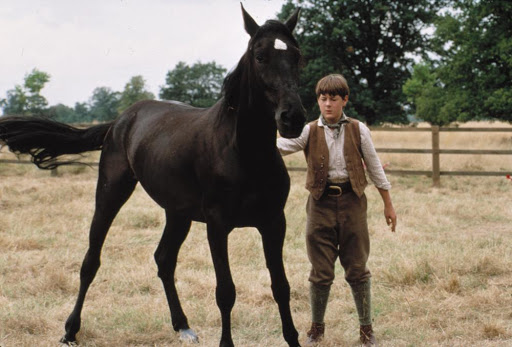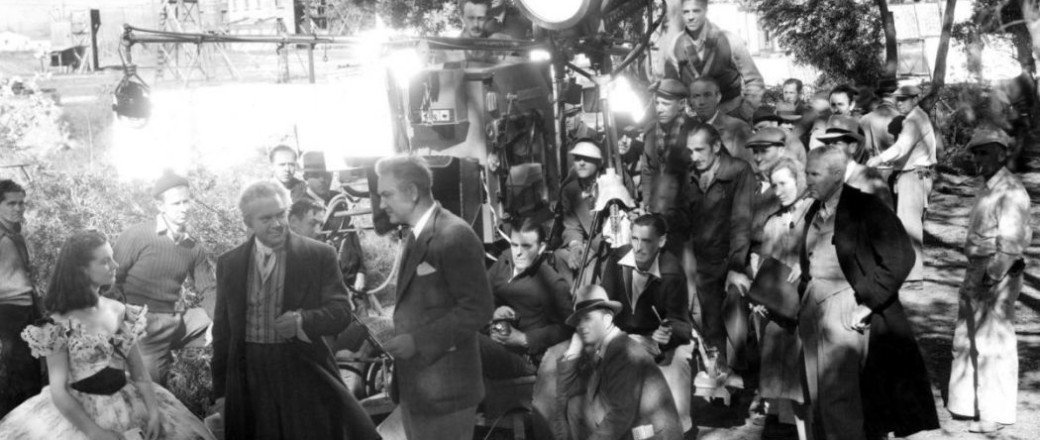After having talked about three prolific writers, I thought it would only be right to talk about the ‘one-hit wonders’ in literature. People often talk about the one-hit wonders of the musical world, but you rarely hear about authors who struck big with just one book. Authors that then they did not write another or their subsequent attempts did not match up with the notoriety of the first.
Publishers are focused on creating big brands with their authors; therefore, they want authors who can consistently write and sell well, especially as publishing becomes more digital. Here are three such books.
Ralph Ellison’s Invisible Man
Literary critic, essayist, novelist and short story writer Ralph Ellison is best known for his novel addressing the intellectual and social issues African Americans faces in the early twentieth century. Invisible Man won the 1953 National Book Award and in terms of fiction, was his only published novel during his life. Although his second novel, Juneteenth, which was compiled from Ellison’s notes, was published five years after his death.
Invisible Man was called ‘the quintessential American picaresque of the 20th century’ when it was included in the TIME 100 Best English-language Novels from 1923 to 2005 list.
Anna Sewell’s Black Beauty
Kickstarting a love of horses in young readers, Anna Sewell’s Black Beauty was written in the later years of her life, and published - to become an immediate bestseller - just five months before her death. With over fifty million sales, Black Beauty has been adapted into multiple films and a theatre release.
Becoming a pioneer of the pony book, Black Beauty teaches animal welfare, kindness, respect and sympathy. In 2003, Black Beauty was listed at number fifty-eight on the BBC’s survey The Big Read.

Margaret Mitchell’s Gone with the Wind
Gone with the Wind was the only novel written by Margaret Mitchell that was published during her lifetime. By representing the struggles that those living in the southern US endured during the American Civil War and the Reconstruction, she was awarded the Pulitzer Prize for Fiction in 1937 and the 1936 National Book Award.
Michell’s novel has been adapted into films, theatrical releases and three-piece classical ballet. Though it deals with topics such as murder, starvation, civil war, slavery and heartbreak, Gone with the Wind has an underlying message of hope with is conveyed through Scarlett O’Hara, one of the most optimistic characters in literature.
